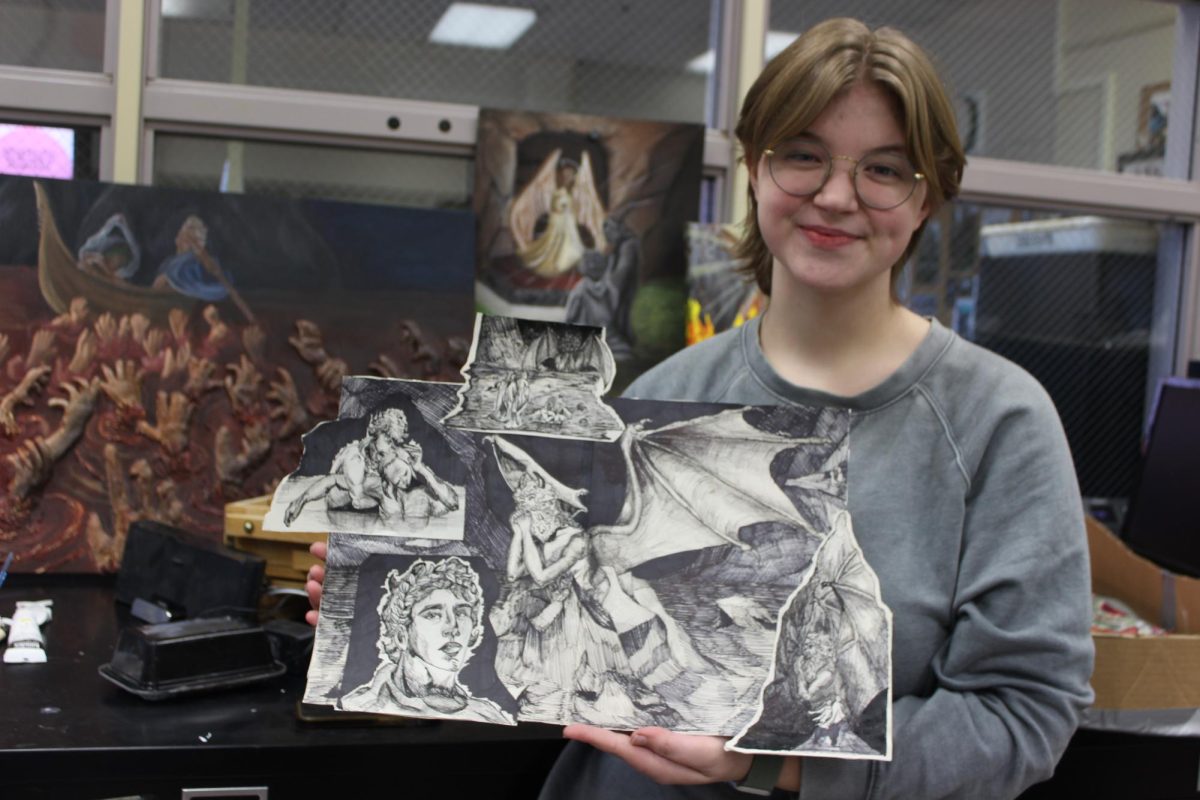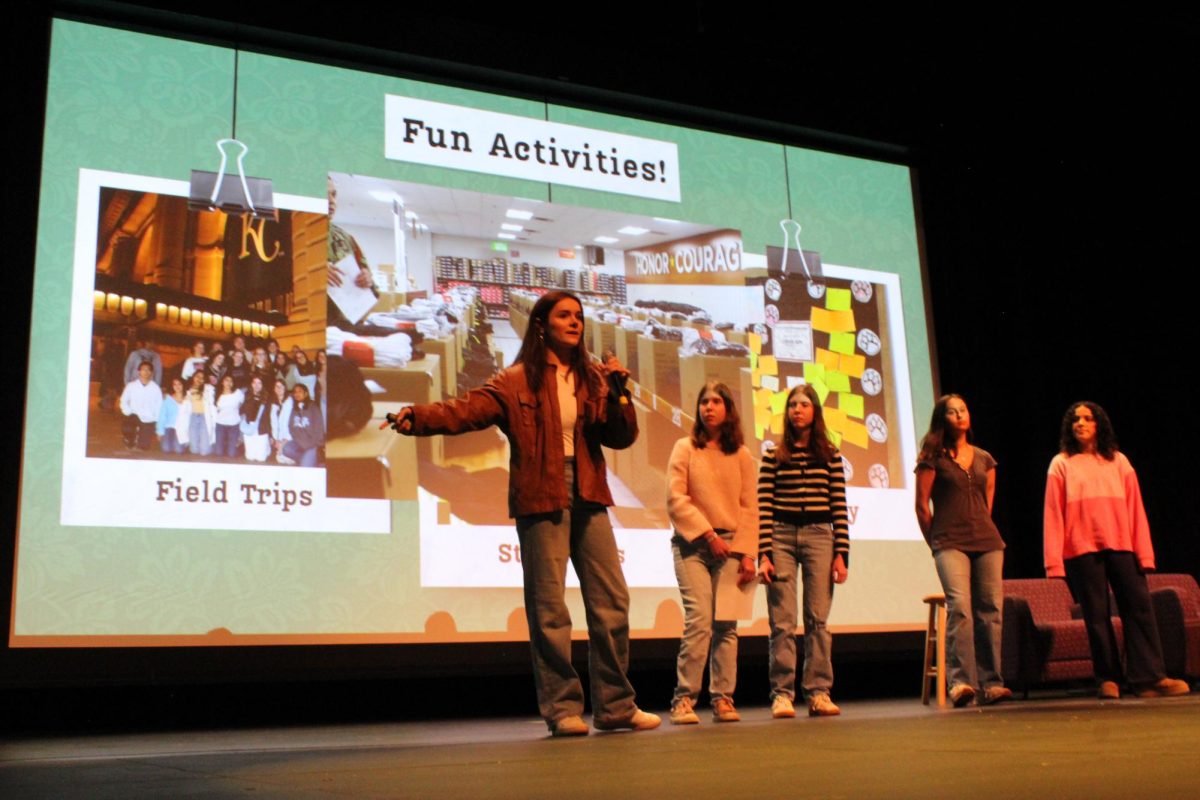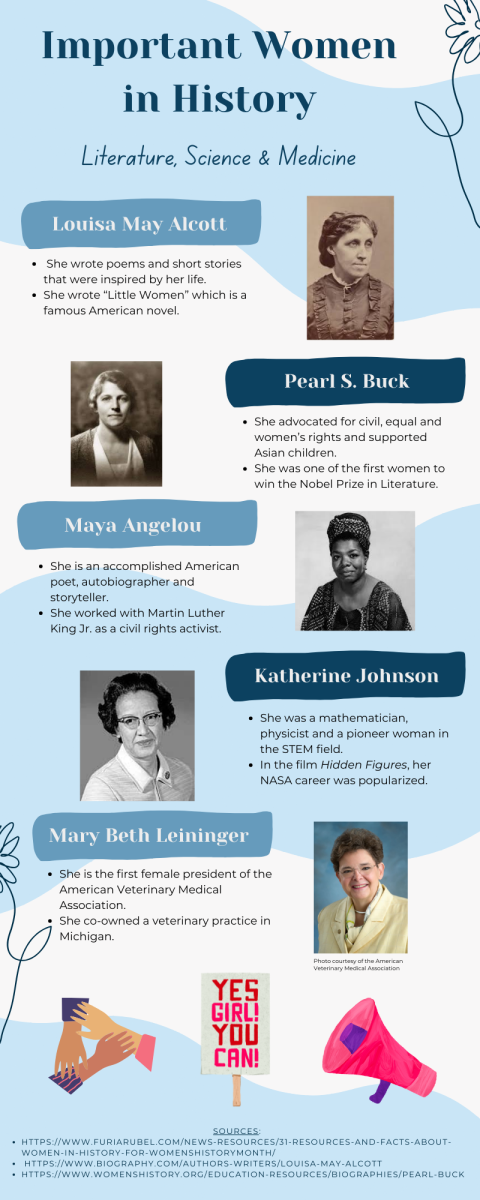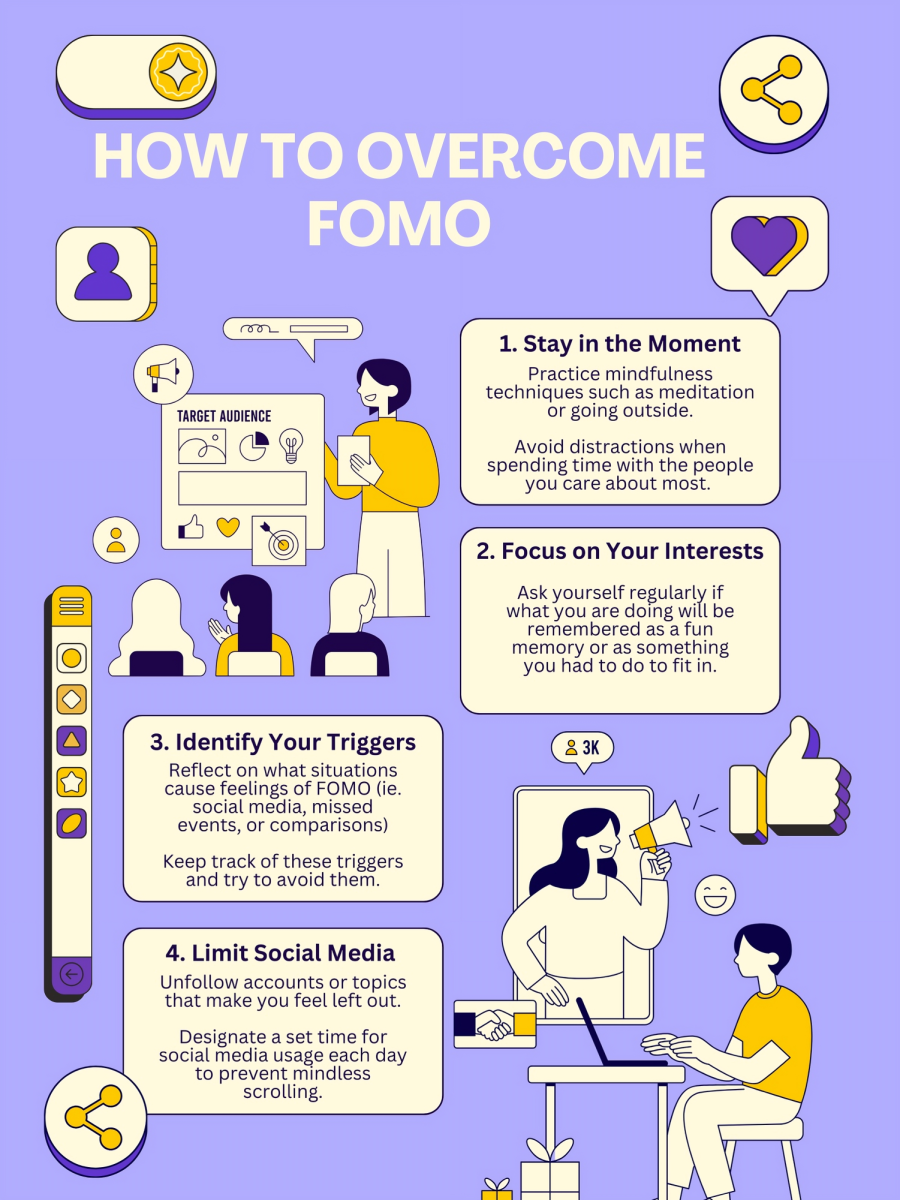Since Oct. 11, 1988, National Coming Out Day has been celebrated nationally by the United States. The past and upcoming National Coming Out Days commemorate the anniversary of the Second National March on Washington for Lesbian and Gay Rights, which took place in 1987, a year prior to its establishment of a national holiday.
Through the Human Rights Campaign’s media efforts, activists in the LGBTQIA+ community and a more accepting nationwide attitude, National Coming Out Day became more widely celebrated and recognized in the 1990s.
Many schools across the country have National Coming Out Day celebrations, which can take place school-wide, inside of a school club or both. Libertyville High School is just one example of an American high school that participates in National Coming Out Day. LHS has had a Gay-Straight Alliance (or “GSA,” for short) since 1998 and GSA has been celebrating National Coming Out Day as a club for approximately 10 years, according to its club sponsor, Ms. Dyan Naslund.
Naslund said that GSA has since always “publicized a special meeting on Oct. 11 where students can come and listen to other people’s experiences and stories.” She believes that having GSA host a National Coming Out Day meeting “gives [people] a safe place” along with the “avenue to come out.”
She also stated that “having a National Coming Out Day in some ways, it normalizes it for people and it lets them know, ‘okay, if it’s not going to be on this actual day, I know that there’s a time that I can do it and that there’s support for it and that there are people who do have these events.”
Naslund described the typical procedure of GSA’s hosting of National Coming Out Day: GSA will often have posters and/or other kinds of announcements that essentially say, “We’re having a National Coming Out Day. This is what we’re going to do–we’re going to have pizza, we’re going to have refreshments and people are going to listen and tell their stories about coming out.”
At GSA’s National Coming Out Day meetings, Naslund said that “sometimes a student might come and listen to other people’s stories they’re telling about coming out” and that this “might actually inspire them to find their own day that works.” She recalls that some of the stories on coming out “are really positive and some of them are not” and that “some students talk about how coming out for them was a very difficult process and they didn’t find a lot of support. Sometimes just telling that story to a group of people who are supportive is really helpful.”
A junior at LHS who identifies as bisexual requested anonymity for privacy and safety concerns; they have allowed their grade and sexuality to be listed among quotes from a conducted interview. This student attended GSA’s National Coming Out Day meeting last year and thought, “I could get with this,” after seeing that GSA would be hosting a NCOD meeting. They recounted that they “had been wanting to come out and didn’t have an opportunity” but then later, “used [National Coming Out Day] as a way to come out” to a friend and their family.
This junior said that they had told a friend that they were “worried” about National Coming Out Day and when their friend then asked, “Why are you worried about that day?” they came out to the friend, simply by saying “I’m bi” in response.
Despite coming out on National Coming Out Day, this student said that, “personally, as someone who is in the LGBTQ community, [National Coming Out Day] hasn’t really helped” them. They then explained that they came out to their family last year on NCOD, but their family’s reaction was “just dismissing” and the equivalent to an “oh, whatever.” Although they believed that this was partly due to “poor judgement on the timing,” they are still glad that they “got it over with,” aside from the invalidating response from their family.
However, the anonymous student added \that National Coming Out Day is important because “it’s necessary to educate people on [the] stigma surrounding it and dispel ignorance about other sexualities.” They also stated that coming out “depends on [the] environment,” whether one has a “fairly supportive family” or not, and that the “timing [of coming out] is key.” They also assure people who have come out “too early” to “know that change will come eventually.”
Naslund believes that the timing of an individual’s coming out should not be rushed as well. She advises people who are considering coming out “to make sure that they’re not being forced into doing it. Make sure that they’re not making themselves come out because they feel like they have to.” Naslunds added that coming out “really needs to be an individual choice and it has to be done when they’re ready to do it and when it feels right for them.”
As for advice for one who is considering coming out (whether you, a friend or another loved one may need it), the anonymous junior recommended using “the topic of National Coming Out Day to like, slide your way into actual[ly] coming out.” They added that having a “good group of friends that are supportive” is “always helpful” when coming out.
Naslund’s direct advice to anyone considering coming out is: “If you want to come out, the first thing you want to think about are the people who, in your view, make you feel most comfortable and people who you kind of have a feeling who are going to be allies.When you have those people behind you, coming out to the other people who may not be as supportive is easier and you can at least, if you have a difficult experience coming out to someone, you already have a group of people who you know and who you can talk to and go to them for support.”
She explained the importance of being ready and comfortable to come out, saying, “Coming out can happen in so many ways…So, it may look different to everyone, feel different to everyone, but it just kind of has to be your own unique decision.”



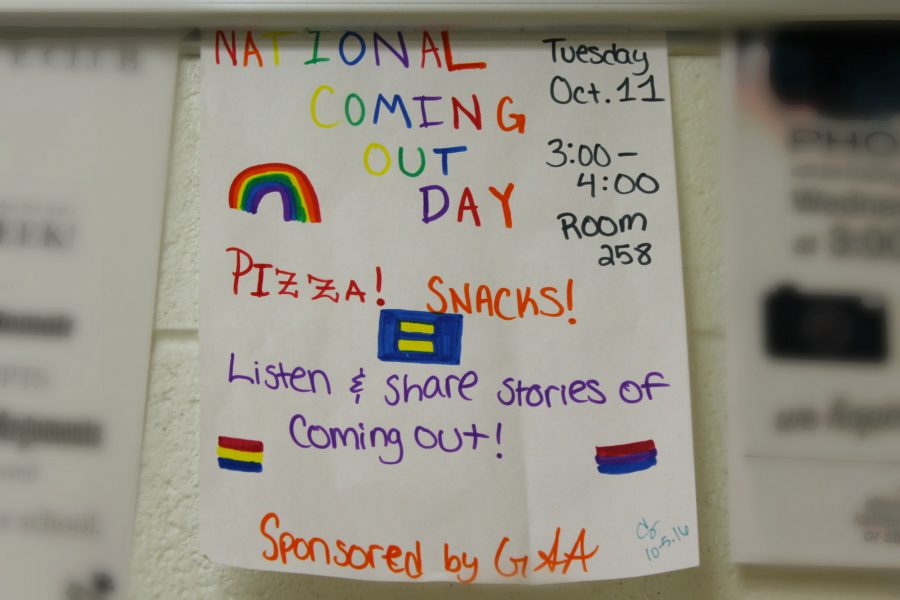

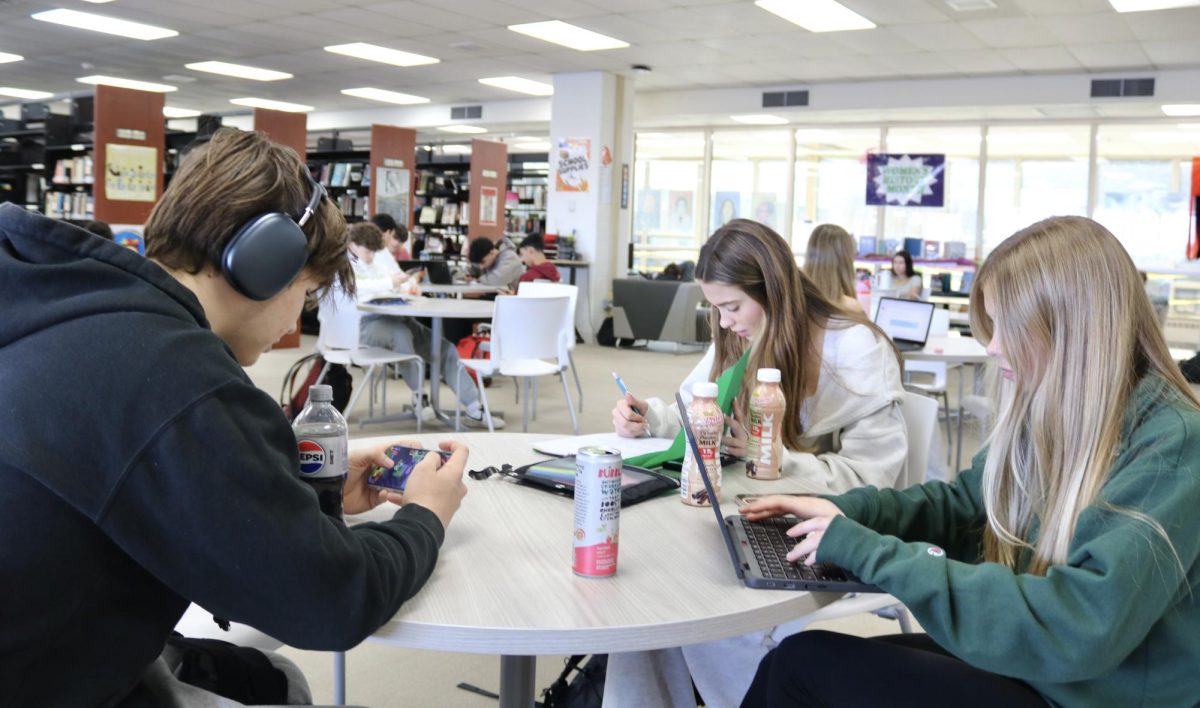
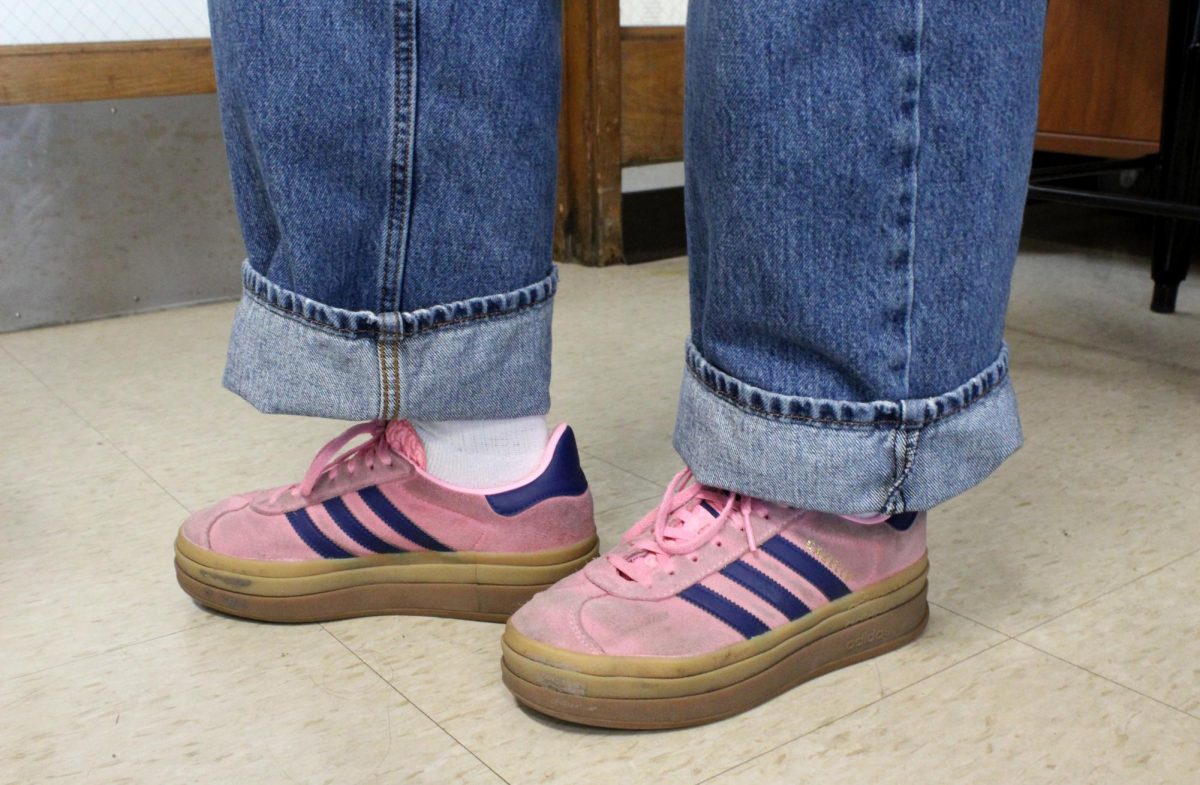

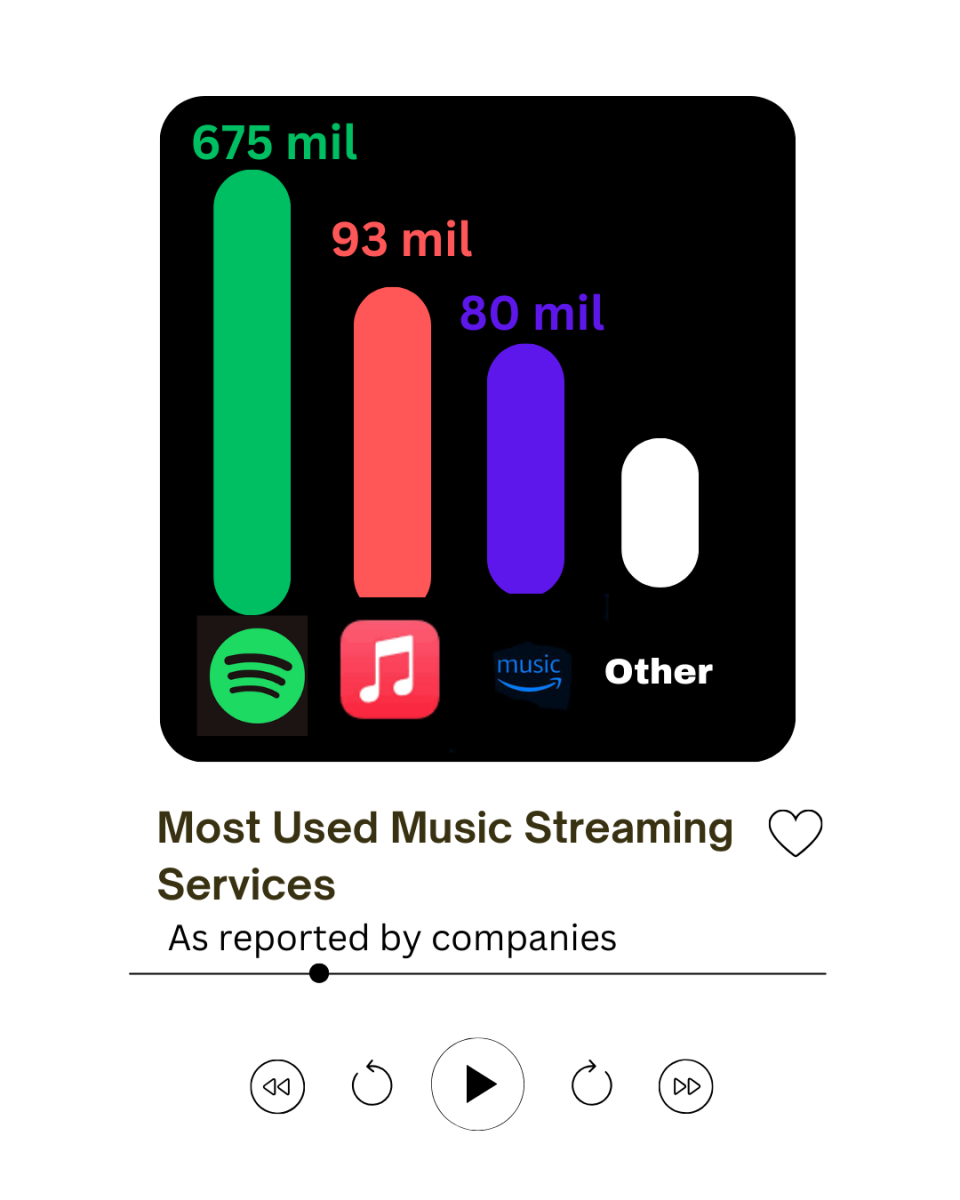
![Senior River Thompson joins the Jazz Ensemble by singing “That Old Black Magic” by Mercer and Arlen Arr. Mark Taylor, along with senior Annie Brody on guitar and junior Thomas Teixeira on bass, earning big applause. “[The concert had] great energy because it's the last [jazz concert] of the year,” Brody said.](https://www.lhsdoi.com/wp-content/uploads/2025/04/Eight-That-Old-Black-Magic-1200x800.jpg)
![Mr. Abullh Ali, manager/assistant, helps open Queen Yemeni Coffee in downtown Libertyville at 606 North Milwaukee Ave. With the help of employees such as manager and LHS senior Yousef Taha, they are able to bring the Yemeni and Ethiopian culture to Libertyville by using their Queen spices, cinnamon and cardamom in their drinks such as Adani Chai, which is inspired by Sheda, the Queen of Yemen and Ethiopia. “The history of our coffee [is] a long history and we believe that Yemen and Ethiopia started the coffee and we are bringing something unique to the community,” Mr. Ali said.](https://www.lhsdoi.com/wp-content/uploads/2025/04/Photo-1-1200x800.jpg)
